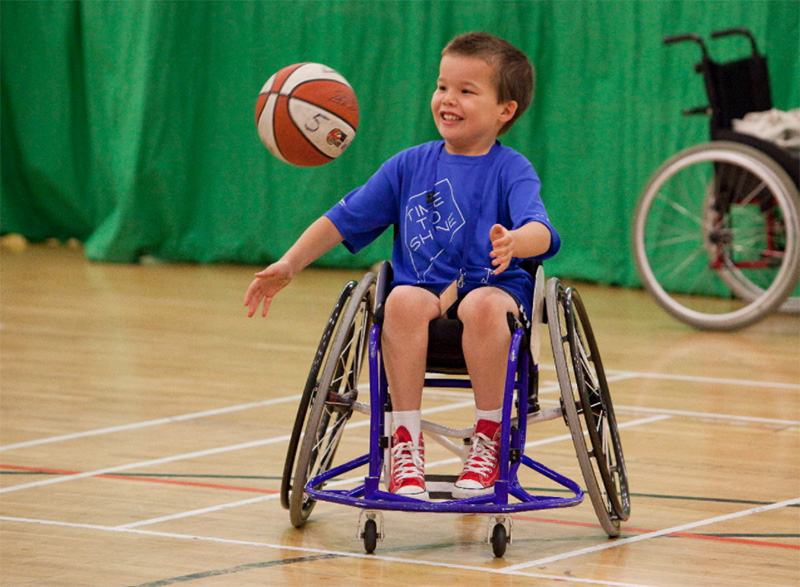Looking After A Child With A Disability
Looking after a child full stop can be a difficulty, especially for first-time parents, but the obstacles suddenly become much larger when needing to care for a child with a disability. When looking after a disabled child, patience is undeniably one of the most important factors for providing a high level of care; however, that’s only the beginning. While ensuring you have their medication in order and investing in the best mobility scooters available for their needs are good places to start, we have more information for you down below.

Communication
Communication is absolutely essential when caring for a child with a disability. A lack of socialisation can make them feel isolated and frustrated, ultimately lowering their self-esteem. Looking after a child with a disability is all about doing your best to ensure that you can understand them and their needs as best as possible, which often requires you to put the effort in as children with disabilities can find it difficult to communicate. Sometimes, you might think that your child is purposefully misbehaving and being disrespectful, but actually this can be due to insufficient communication, so always try to do your best to understand them, offer new ways of communicating and, of course, be patient.
Create A Care Plan
Caring for a child with a disability is usefully a first for every parent, so you’ll want to ensure that you’re prepared for every step of their upbringing. A great way to achieve this is to create a care plan that outlines how to properly care for your child under all situations, for not just yourself but other potential carers as well should you feel ill or be apart from your child. To give you extra peace of mind, always make an emergency plan for your child, especially if their needs are highly complex.
Don’t Disregard Discipline
When looking after a child with a disability, it can be easy to give them the benefit of the doubt when it comes to bad behaviour, however you shouldn’t always tolerate this. While there might be a genuine reason for this behaviour, kids are still kids and are likely to throw tantrums from time to time. Just like other household members, they need to abide by suitable rules and have manners where possible. Having said this, keep your expectations of your special needs child reasonable – just ensure that you enforce relevant disciplinary measures when it’s needed.
Don’t Put Too Much Pressure On Yourself
Being a carer of a child with special needs automatically puts more pressure on you, and while there’s a lot more to do and think about, you should try and keep the pressure under control if you can. There’s no parenting handbook that clearly states the rights and wrongs of parenthood, even more so when it comes to looking after children with special needs. It’s always going to be a trial and error situation, so see what works best for you and your child, and while you’ll often prioritising their needs over yours, it’s important for both of you that you don’t neglect some well-deserved me-time either.
Looking after a child with a disability is undisputedly more difficult compared to average parenting, but truthfully you shouldn’t stray too far from the lines. While a child with a disability will require more attention than the average child, it’s important to make them feel included and not isolated from other children. Good luck!



